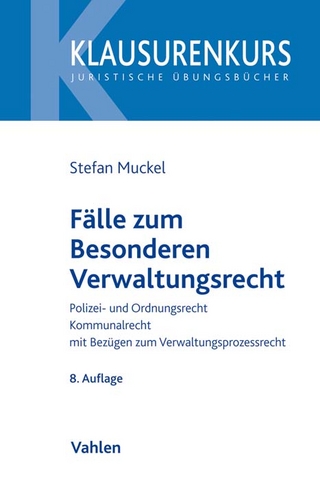
Popular Sovereignty in Early Modern Constitutional Thought
Seiten
2018
Oxford University Press (Verlag)
978-0-19-882423-7 (ISBN)
Oxford University Press (Verlag)
978-0-19-882423-7 (ISBN)
Examining the intellectual origins of the constitutional doctrine of 'popular sovereignty', this book explores the importance of Roman law as a chief source of modern constitutional thought.
Popular sovereignty - the doctrine that the public powers of state originate in a concessive grant of power from "the people" - is the cardinal doctrine of modern constitutional theory, placing full constitutional authority in the people at large, rather than in the hands of judges, kings, or a political elite. This book explores the intellectual origins of this influential doctrine and investigates its chief source in late medieval and early modern thought - the legal science of Roman law.
Long regarded the principal source for modern legal reasoning, Roman law had a profound impact on the major architects of popular sovereignty such as François Hotman, Jean Bodin, and Hugo Grotius. Adopting the juridical language of obligations, property, and personality as well as the classical model of the Roman constitution, these jurists crafted a uniform theory that located the right of sovereignty in the people at large as the legal owners of state authority. In recovering the origins of popular sovereignty, the book demonstrates the importance of the Roman law as a chief source of modern constitutional thought.
Popular sovereignty - the doctrine that the public powers of state originate in a concessive grant of power from "the people" - is the cardinal doctrine of modern constitutional theory, placing full constitutional authority in the people at large, rather than in the hands of judges, kings, or a political elite. This book explores the intellectual origins of this influential doctrine and investigates its chief source in late medieval and early modern thought - the legal science of Roman law.
Long regarded the principal source for modern legal reasoning, Roman law had a profound impact on the major architects of popular sovereignty such as François Hotman, Jean Bodin, and Hugo Grotius. Adopting the juridical language of obligations, property, and personality as well as the classical model of the Roman constitution, these jurists crafted a uniform theory that located the right of sovereignty in the people at large as the legal owners of state authority. In recovering the origins of popular sovereignty, the book demonstrates the importance of the Roman law as a chief source of modern constitutional thought.
Daniel Lee is Assistant Professor of Political Science at the University of California, Berkeley, and specializes in political theory, the history of political thought, and jurisprudence. His research concerns the reception of Roman law in later medieval and early modern political thought and its influence on modern doctrines of sovereignty and rights, especially in the legal and political thought of Jean Bodin, Hugo Grotius, and Thomas Hobbes.
| Erscheinungsdatum | 22.09.2018 |
|---|---|
| Reihe/Serie | Oxford Constitutional Theory |
| Verlagsort | Oxford |
| Sprache | englisch |
| Maße | 154 x 233 mm |
| Gewicht | 570 g |
| Themenwelt | Recht / Steuern ► Allgemeines / Lexika |
| Recht / Steuern ► EU / Internationales Recht | |
| Recht / Steuern ► Öffentliches Recht ► Besonderes Verwaltungsrecht | |
| Sozialwissenschaften ► Politik / Verwaltung ► Politische Theorie | |
| Sozialwissenschaften ► Politik / Verwaltung ► Staat / Verwaltung | |
| ISBN-10 | 0-19-882423-8 / 0198824238 |
| ISBN-13 | 978-0-19-882423-7 / 9780198824237 |
| Zustand | Neuware |
| Haben Sie eine Frage zum Produkt? |
Mehr entdecken
aus dem Bereich
aus dem Bereich
Grundwerk ohne Fortsetzung. Rechtsstand: 1. September 2024. …
Buch | Hardcover (2024)
C. H. Beck (Verlag)
79,00 €
Polizei- und Ordnungsrecht, Kommunalrecht, mit Bezügen zum …
Buch | Softcover (2021)
Vahlen, Franz (Verlag)
25,90 €


